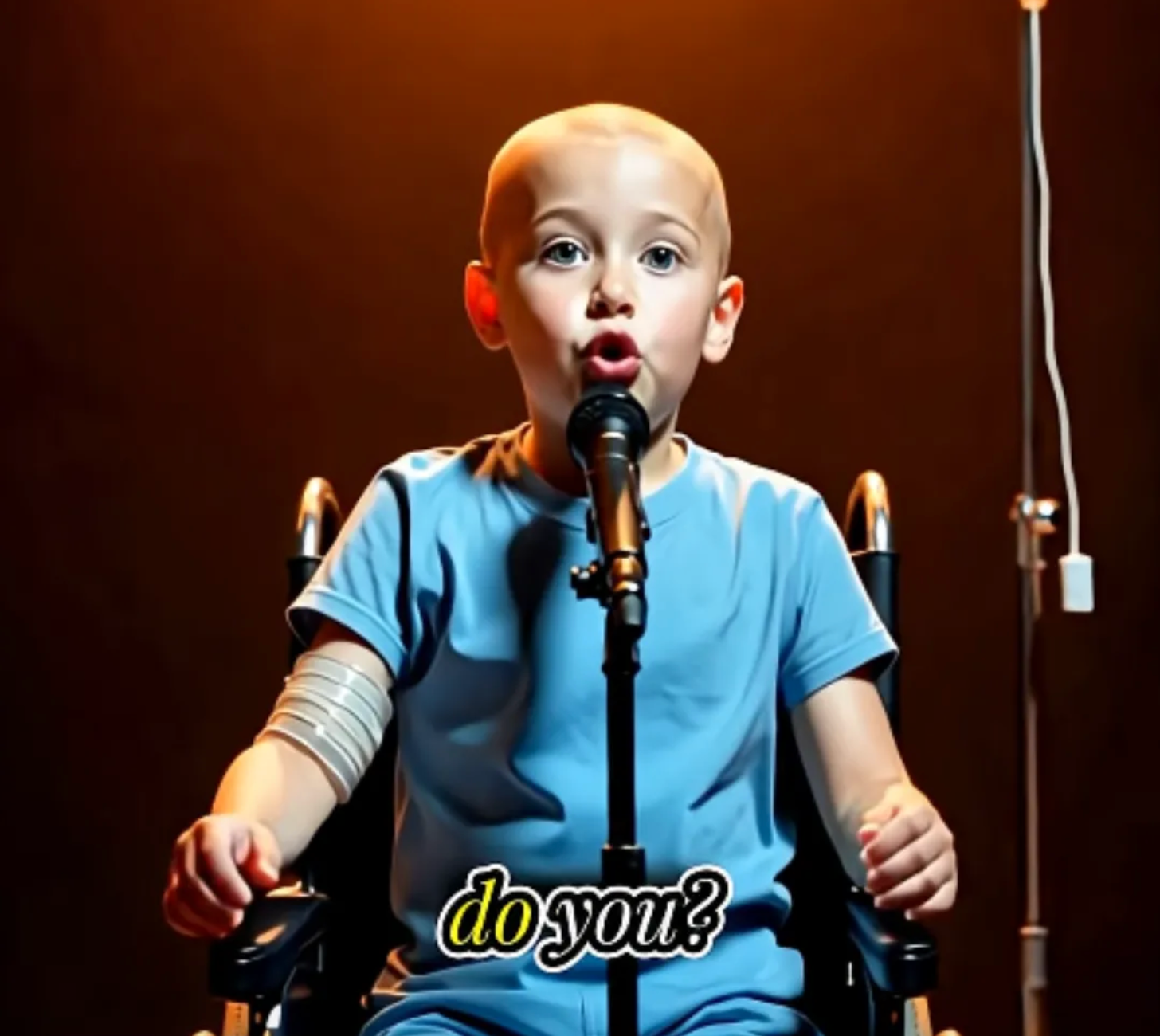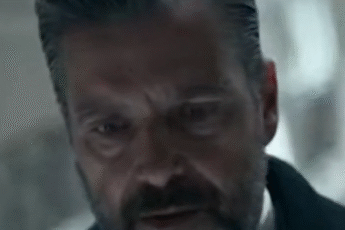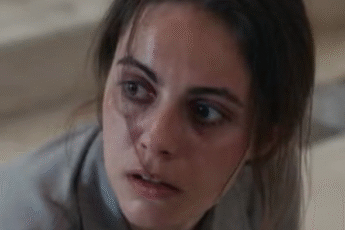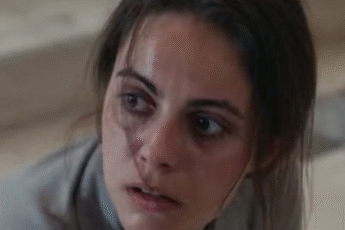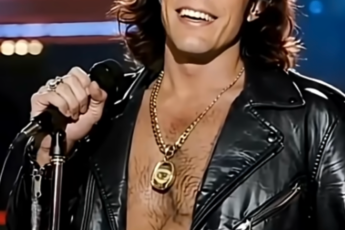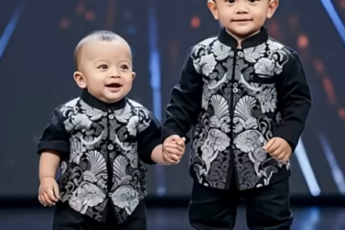It was a night America’s Got Talent will never forget. Under the soft glow of stage lights, a fragile yet radiant little girl was wheeled onto the center of the stage, her small hands resting gently in her lap, her head completely bald from rounds of chemotherapy.
The disease had taken so much from her — her strength, her energy, even her hair — but it could never steal her voice, nor the courage that burned quietly in her eyes. In that moment, the AGT stage was not just a platform for talent, but a sacred space where one child’s final dream was about to come true.
She sat in her wheelchair, wrapped in a delicate white dress that shimmered under the lights, her skin pale but glowing with a quiet dignity. There were no dramatic effects, no grand introductions. Just a girl, a microphone, and a song she had loved for as long as she could remember — “Hallelujah.”
And as the first soft notes played, something extraordinary happened. The room fell into complete silence. Not a sound, not a breath, just hearts waiting to be moved.
Then she sang.
Her voice, though soft and weakened by illness, was filled with emotion so raw it shook the soul. “Hallelujah” — a song of beauty, of pain, of praise — became her final message to the world. Every word she uttered carried the weight of her journey, her struggles, and her unbreakable hope.
Her tone wavered at times, but that only made it more powerful. It was not perfection that the audience heard, but truth. The kind of truth only someone who has stared down death and still chosen to sing can offer.
Tears flowed freely in the audience. Judges sat frozen, some holding their hands to their hearts, others quietly crying as this little warrior gave her everything to the stage. This was not just a performance. It was a farewell — beautiful, heartbreaking, and deeply inspiring. A little girl who had lost her hair, her strength, and so much more, sat in her wheelchair and gave the world the one thing she had left: her voice.
And what a voice it was. Not because of its power, but because of its meaning. Her voice was her gift, her way of saying thank you, her way of saying goodbye. When she reached the final notes of “Hallelujah,” her eyes looked upward, and for a brief second, it was as if heaven itself paused to listen.
When the music ended, the room erupted in tears and applause. People stood not just to cheer, but to honor. To bear witness to a child’s courage, to the magic of a dream fulfilled. Backstage, her family wept with pride and sorrow, knowing this moment was more than a performance — it was the end of a journey.
Later, her mother shared, “She said to me before going on stage, ‘Mommy, I’m not scared. I’m happy. I get to sing my favorite song in front of the world. That’s my dream.’ And she did. She really did.”
The video of her performance quickly made its way around the globe. Millions watched in silence, many crying with strangers they had never met, connected by the honesty of one little girl’s final song. She reminded us all that strength comes in many forms — sometimes it’s wrapped in a hospital blanket, sung from a wheelchair, and shines brightest without a single strand of hair.
In a world often obsessed with perfection, this little girl taught us something more valuable: that bravery, grace, and beauty lie in truth, in dreams, and in the willingness to sing even when it hurts.
Her “Hallelujah” wasn’t just the end. It was her victory.
